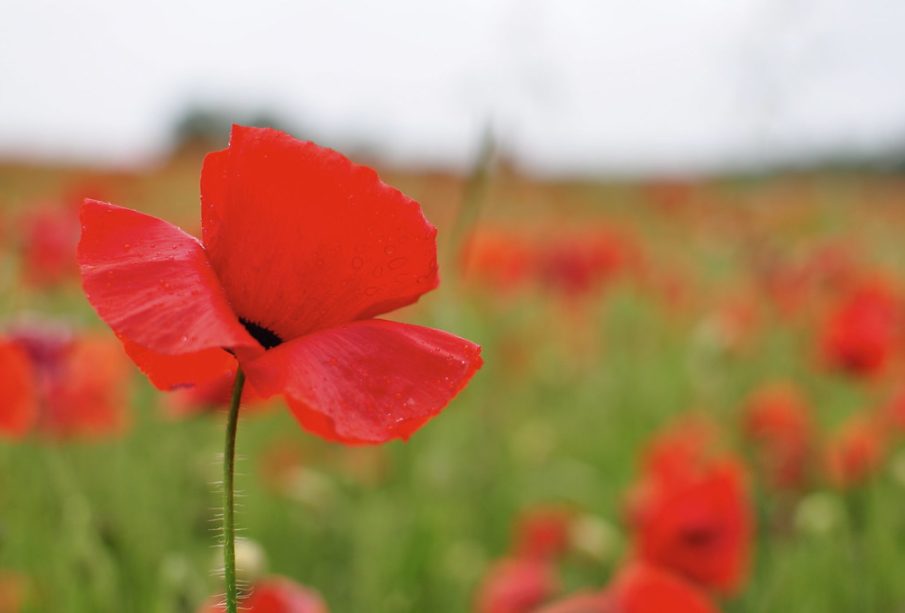The Poppy: A Powerful Symbol of Remembrance

Understanding the Poppy’s Importance
The poppy is not just a beautiful flower; it holds significant meaning in various cultures around the world, particularly as a symbol of remembrance for those who have served in the armed forces. Its bright red petals are a striking reminder of the sacrifices made by millions during times of war, especially during World War I.
Historical Significance
The association of the poppy with remembrance began after the publication of the poem ‘In Flanders Fields’ by Lieutenant Colonel John McCrae in 1915. The poem references the beauty of the poppies growing amidst the graves of soldiers in Flanders, Belgium. Following the war, the flower became a symbol for peace and hope, as well as a means to honour those who died in conflict.
Poppy Appeal: Support for Veterans
Every year, the Royal British Legion hosts the Poppy Appeal to raise funds for veterans and their families. During the lead-up to Remembrance Sunday, which takes place on the second Sunday of November, millions of poppy pins are distributed to raise awareness and collect donations. In 2022, the appeal raised over £51 million to support veterans’ charities, highlighting the enduring commitment to assist those who served their countries.
Current Trends and Cultural Impact
In recent years, the poppy has transcended its traditional imagery and become a symbol of broader issues related to mental health awareness within the armed forces community, bringing attention to the psychological impact of warfare and the importance of support systems for veterans. Awareness campaigns surrounding the poppy have evolved to incorporate discussions about trauma, resilience, and recovery.
Conclusion
The poppy is more than just a flower; it encapsulates both the pain of loss and the hope for healing. As we approach Remembrance Sunday, it serves as a poignant reminder of the sacrifices made for freedom and the ongoing need to support our veterans. The poppy’s legacy as a symbol of resilience continues to resonate, as communities come together to reflect on history while looking towards a more supportive future for all service personnel.








